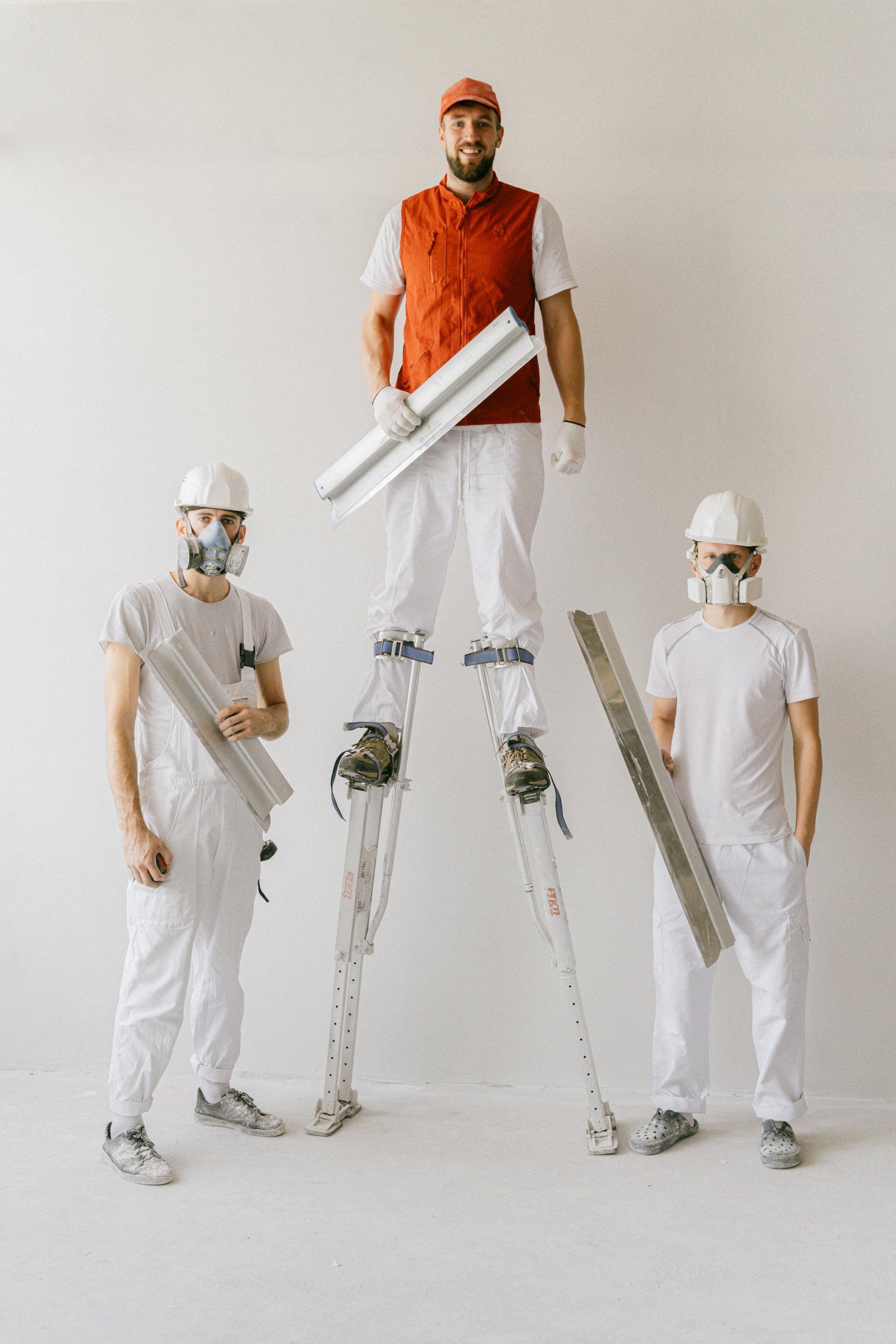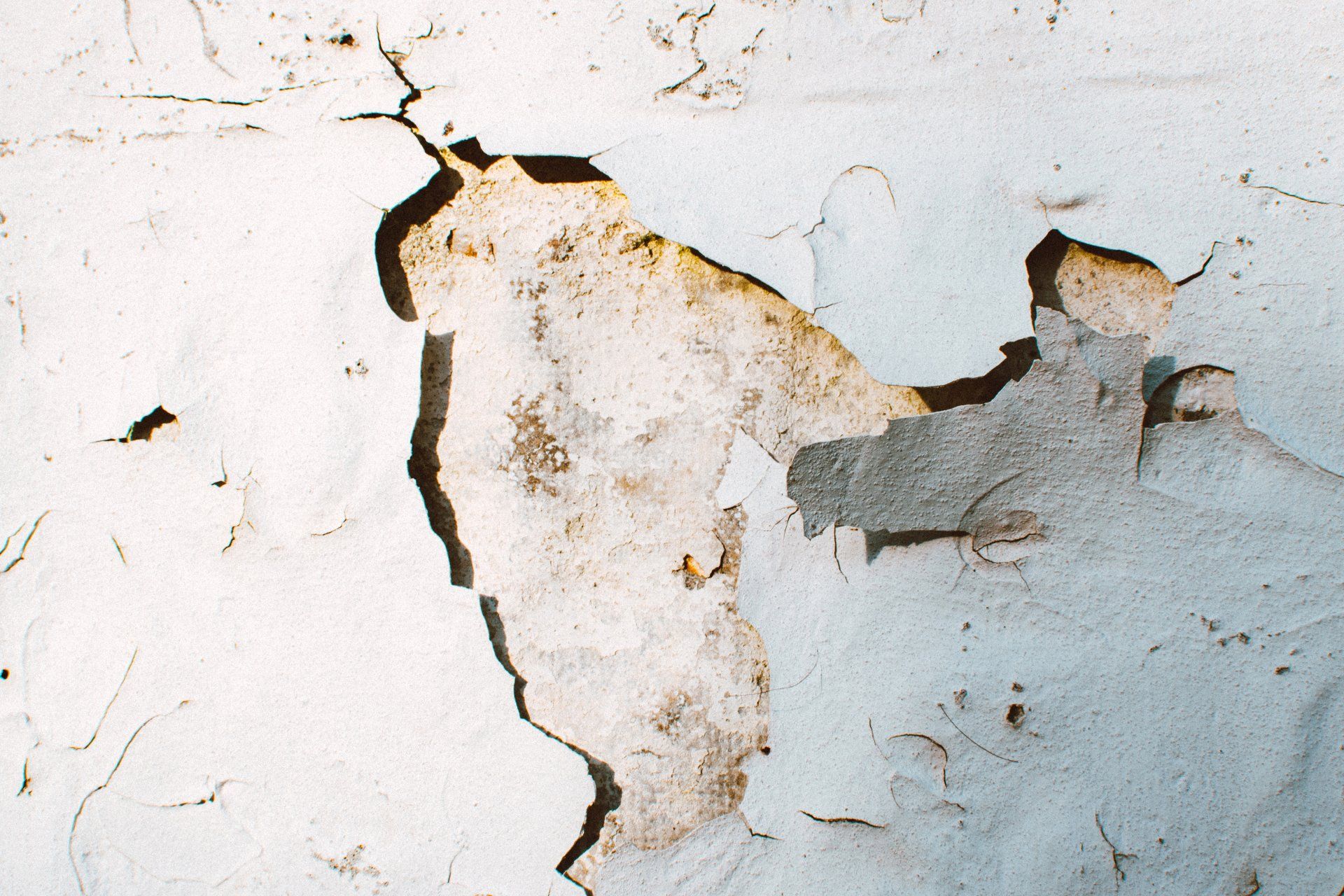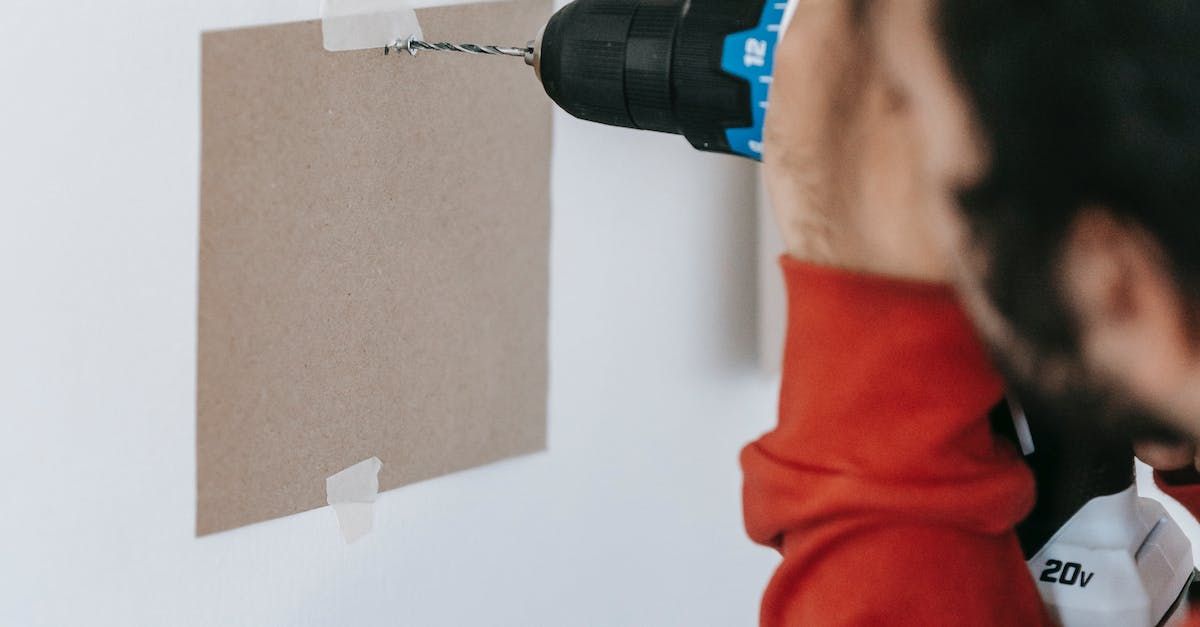Dealing with Drywall Water Damage
Your Questions Answered
Water damage to drywall is a common household problem that can arise from various sources, such as leaks, floods, or plumbing issues. When it happens, it's crucial to address it promptly to prevent further damage and potential health hazards. In this article, we'll explore some common questions people have about drywall water damage and provide answers to help you navigate this challenging situation.

1. How can I identify drywall water damage?
- Look for discoloration, sagging, or bubbling in the drywall.
- Touch the affected area; wet drywall often feels soft or spongy.
- Check for a musty odor, which may indicate mold growth behind the drywall.
2. What should I do if I discover water damage to my drywall?
- First, identify and stop the source of the water leak if possible.
- Turn off electricity in the affected area to prevent electrical hazards.
- Remove any furniture or belongings from the wet area.
- Begin the drying process to prevent mold growth.
3. Can I dry out water-damaged drywall, or does it need replacement?
- The extent of damage will determine this. Small areas of minimal damage may be dried out, but severe damage usually requires replacement.
4. How do I dry out wet drywall?
- Use fans and dehumidifiers to increase airflow and reduce humidity.
- Remove baseboards and drill small holes at the base of the wall to allow for better ventilation.
- Monitor the drying progress and ensure it's complete before repairs.
5. What about mold growth? How do I address that?
- If you suspect mold growth, consult a professional for testing and remediation.
- To prevent mold, thoroughly dry the area within 24-48 hours of water damage.
6. Is it safe to repair drywall water damage myself?
- Small, manageable repairs can be DIY, but extensive damage or mold issues should be handled by professionals.
7. Will my homeowner's insurance cover drywall water damage?
- In many cases, yes. Contact your insurance company to assess coverage and file a claim.
8. How can I prevent future drywall water damage?
- Regularly inspect plumbing, roofs, and appliances for leaks.
- Ensure proper sealing around doors and windows to prevent water intrusion.
- Consider using moisture-resistant drywall in vulnerable areas, like bathrooms and basements.
9. Do I need permits for drywall repairs?
- Depending on your location and the extent of the damage, you may need permits. Check with your local building department for guidance.
10. How long does it take to repair drywall water damage?
- The duration varies based on the extent of the damage but may take several days to a few weeks.
Dealing with drywall water damage can be stressful, but knowing the right questions to ask and taking prompt action can help you mitigate the damage and ensure a safe and effective repair process. When in doubt, consult with professionals who specialize in water damage restoration and drywall repair to ensure your home is restored to its former condition.
You might also like
Book a Service Today
We will get back to you as soon as possible
Please try again later
Contact US
To learn more about our current range of products and services, you can get in contact with us via the telephone number listed on our website. On this number, one of our customer service agents will be more than happy to assist you by answering any questions or scheduling appointments for your drywall, as needed. If you would rather write us an email or would like to receive an estimate for a service you’re interested in, at no extra cost, you can do so by filling in the contact form on our website and we’ll respond to you as soon as possible. We offer our services on multiple locations.
Visit our blog page to explore in-depth information and insights about the wide range of services our skilled experts offer. Learn how they can cater to your specific needs with their expertise and experience.
Working hours
- Mon - Sun
- -
Copyright ©Fort Worth Drywall Solutions | Proudly Powered by Snapps | SEO



